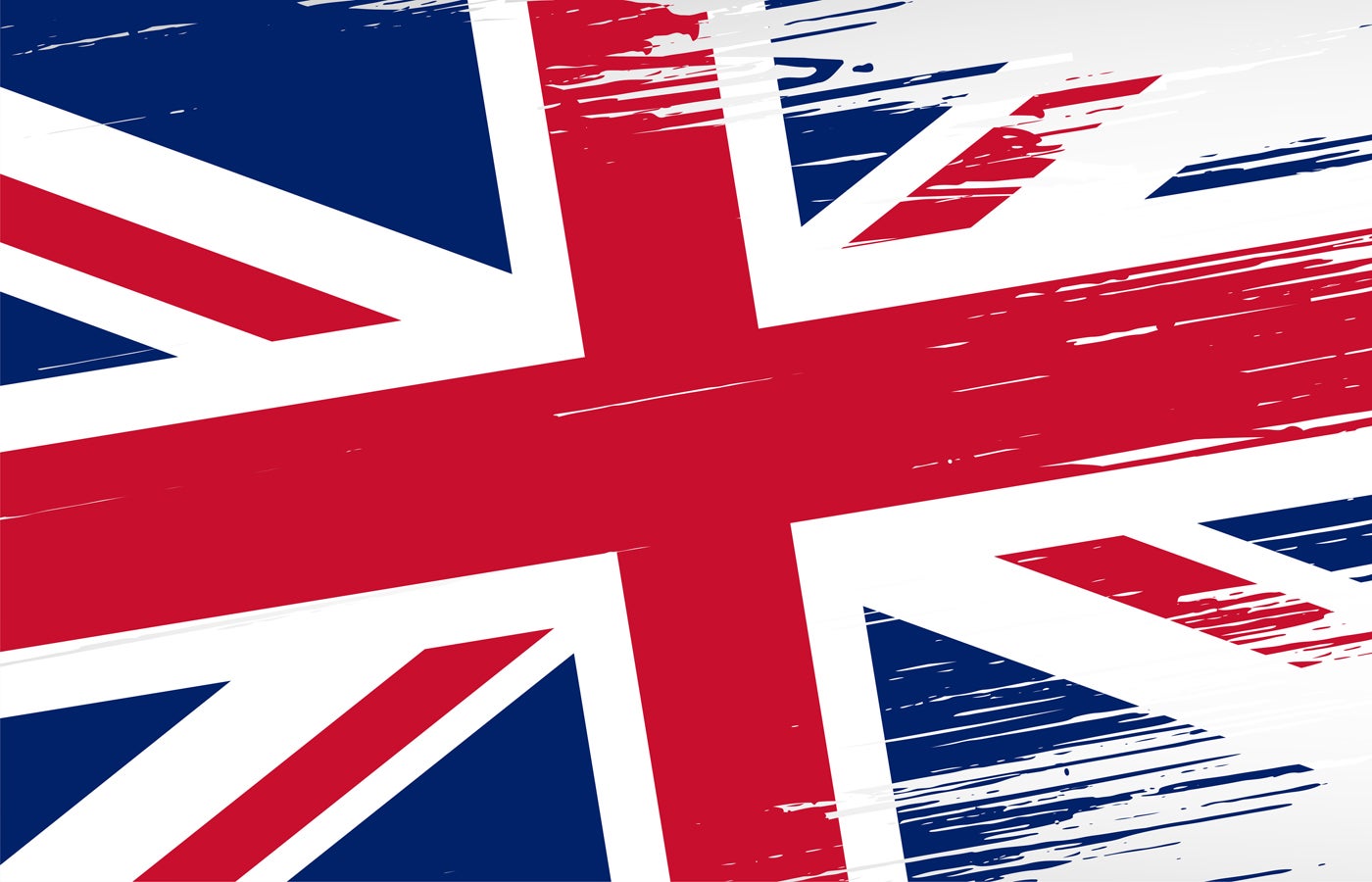
Check out our latest products
The Digital Markets, Competition and Consumers Act is designed to regulate the behaviour of major digital firms with significant market power in the U.K.
The legislation grants the Competition and Markets Authority new powers to impose requirements on tech companies with “Strategic Market Status,” reminiscent of the “gatekeeper” organisations that must abide by the E.U.’s Digital Markets Act.
However, while these laws share similarities, the new legislation is less one-size-fits-all: Under the DMCCA, the CMA can apply bespoke regulations, so-called “Conduct Requirements,” to companies with SMS to address their specific issues.
Issues might relate to:
The DMCCA was created in response to a report published in 2019 by the Digital Competition Expert panel, chaired by Jason Furman an economic policy professor at Harvard University and former chief economist to U.S. President Barack Obama. It contained recommendations to open up digital markets in the U.K.
While the DMCCA was greenlit in 2020, due to various delays, it was only passed by Parliament in April 2023 and given Royal assent in May 2024. It is expected to come into force in January 2025.
SEE: Google Abusing Dominant Position in Ad Tech Sector, Says U.K. Government
What is the aim of the Act?
The DMCCA aims to improve competitive conditions in digital markets by enabling interventions that encourage investment, innovation, and growth in all U.K. tech companies, ultimately providing consumers with access to the best possible technologies for them.
The CMA stated in a press release that the legislation will enable it to investigate Google, Apple, and other large tech firms’ potentially anticompetitive practices “more holistically.” The rules “will build on and leverage its experience in areas it has already studied, such as mobile ecosystems, which includes app stores.”
In a January 2024 interview, Sarah Cardell, CEO of the CMA, said: “The new regime is specifically designed to keep pace with developments in fast-moving digital markets, complementing our existing competition and consumer protection powers.
“The DMCC Bill will establish a very targeted approach to address the substantial and entrenched market power of a small number of firms. This will ensure that challenger firms can bring forward genuinely disruptive and exciting new innovations that will create great new products for consumers.”
Who will the Act impact?
After a formal investigation, the CMA will designate “a very small number” of firms as having SMS and, therefore will be subject to the DMCCA. These firms must have:
- A “substantial and entrenched market power in a digital activity that is linked to the UK.”
- A “position of strategic significance.”
- A global turnover of more than £25 billion or a U.K. turnover of more than £1 billion.
SMS designations will be reviewed a minimum of every five years. According to Cardell, between three and four will be launched in the first year of the new regime.
In August, the CMA rejected Google’s proposed policy changes regarding purchases made within apps listed on its Play Store, which had spurred an investigation. This suggested that the company would be one of the first to achieve SMS because, if the CMA accepted the changes, it would be limited in what actions it could take under the DMCCA.
What will the Act enable the U.K. government to do?
The DMCCA gives new enforcement powers to a new group established inside the CMA called the Digital Markets Unit. It counts existing CMA directors and a former Ofcom exec as members.
The DMU will draft a unique set of “conduct requirements” for each company that has SMS. They must abide by these behaviours even before exhibiting anti-competitive practices to prevent them from ever occurring. This approach differs from other competition laws, where remedies are delivered after an investigation uncovers a violation.
SEE: Regulator CMA to Scrutinize Microsoft and Other Cloud Service Providers in the UK
As well as conduct requirements, the DMU can make “pro-competition interventions” that will actively address a company’s adverse effects on competition that stem from its disproportionate market power.
Examples of how the DMU might support healthy competition in digital markets include:
- Preventing bundling or tying of products or services.
- Preventing self-preferencing of products or services.
- Mandating competitor access to data or functionality.
- Requiring interoperability of products or services.
- Requiring “choice screens” that allow users to select their preferred default apps or services over the company’s own.
- Requiring transparency concerning aspects of companies’ algorithms.
- Requiring fairer trading terms.
Furthermore, the DMU will require SMS companies to report any merger valued at least £25 million and a U.K. connection.
What are the penalties for non-compliance?
Under the DMCCA, the CMA is empowered to impose penalties for failures such as non-compliance with enforcement or final orders. Businesses and individuals may be required to produce testimonies or other documentation to aid the DMU’s work. Cardell said the CMA has legal obligations to maintain confidentiality regarding information and whistleblowers.
For fixed penalty amounts, businesses can face fines of up to £30,000 or 1% of their turnover. For penalties calculated at a daily rate incurred by individuals, the maximum is £15,000 or 5% of total turnover per day of non-compliance.
SEE: Data (Use and Access) Bill: What Is It and How Does It Impact UK Businesses?
Cardell said that the CMA “hope(s) that in many cases we will be able to secure timely and beneficial changes without resorting to formal action,” and instead resolve disputes by engaging directly with SMS firms.
What are critics saying about the Act?
Despite mostly positive feedback in a government consultation in late 2024, the Act has not been met with universal acclaim. Critics are concerned that, instead of complying with the CMA, tech companies will simply exclude the U.K. from the rollout of new products.
Evidence of exclusion has already taken place in Europe. For example, Apple will not be making its new suite of generative AI capabilities, Apple Intelligence, available on devices in the E.U. initially, citing “regulatory uncertainties brought about by the Digital Markets Act,” according to Bloomberg.
SEE: Apple Intelligence EU: Potential Mac Release Amid DMA Rules
Regulatory pushback may have also contributed to the delayed arrival of Google’s Gemini chatbot and Meta withholding its future AI products from Europe.
There are concerns that the CMA could use its power to arbitrarily create bespoke regulations for different companies, making it more difficult for them to comply. But, Cardell said that the principles the Act is based on fit under four themes; firstly, taking a targeted, evidence-based and proportionate approach.
The other themes are ensuring the regime complements the CMA’s existing tools, engaging with various stakeholders, including Big Tech, and promoting competition to deliver better user outcomes. However, choice screens, interoperability, and sideloading can actually worsen the user experience through a phenomenon known as feature creep.
The Act can prevent any potentially anticompetitive merger where one party has a 33% market share in the U.K. and a turnover of around £350 million, and the target company is U.K.-based. According to law firm Linklaters, “it will be hard in most cases to establish that an acquirer does not have a 33% share on some cut of the market or permutation of supply that the CMA could use to establish jurisdiction.”
In November 2024, the CMA provisionally found competition concerns in the mobile browsers market stemming from Apple and Google’s duopoly. It recommended mitigations that could be imposed under the DMCCA when it comes into force. However, Apple told TechRepublic that such mitigations “would undermine user privacy and security and hinder our ability to make the kind of technology that sets Apple apart.”


![[5G & 2.4G] Indoor/Outdoor Security Camera for Home, Baby/Elder/Dog/Pet Camera with Phone App, Wi-Fi Camera w/Spotlight, Color Night Vision, 2-Way Audio, 24/7, SD/Cloud Storage, Work w/Alexa, 2Pack](https://m.media-amazon.com/images/I/71gzKbvCrrL._AC_SL1500_.jpg)



![[3 Pack] Sport Bands Compatible with Fitbit Charge 5 Bands Women Men, Adjustable Soft Silicone Charge 5 Wristband Strap for Fitbit Charge 5, Large](https://m.media-amazon.com/images/I/61Tqj4Sz2rL._AC_SL1500_.jpg)





